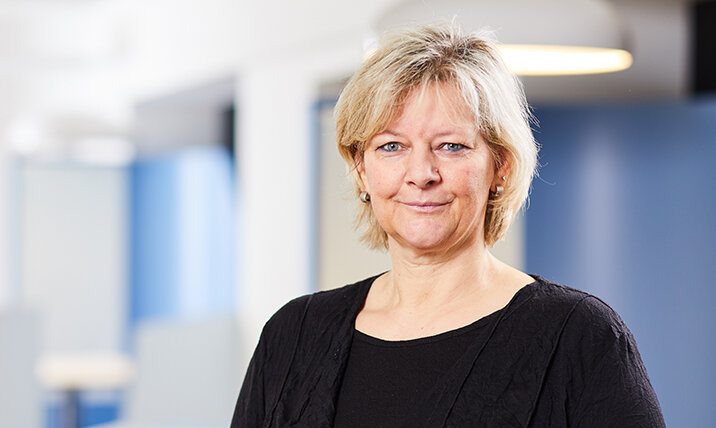B.A. Healthcare Management
Study programme profile
Successful healthcare management assumes well-founded knowledge in social psychology, economics and organisational science. The aim of the Bachelor programme is therefore to transmit management and leadership skills to students in a systematic way which enables them to measure up to the challenges in the field of healthcare, to ensure the future of the organisation in question and to contribute to the design of framework conditions.
The Bachelor programme is characterised by 3 distinguishing features:
- transmission of communication, interventionand processing skills in training seminars in the form of instructed and reflected self-awareness and group experience
- thetransfer of theory to practice is guaranteed in both the work-study and full-time study forms through practical work which is then reflected on and worked through in the accompanying courses
- teaching, research and development projects in which as far as possible independent projects with chosen research or development tasks are conceived of, implemented, evaluated and presented.
Further information
Core disciplines
- Management of institutions in all areas of healthcare
- Leadership skills
- Organisational Science
- Economics
- Communication
- Philosophy and Ethics
You can choose one of the following central focuses of study:
- Nursing and Gerontology
- Therapy and Rehabilitation
The work-study programme form enables students to continue their profession (one which is related to the programme) to a reduced extent. It guarantees a continual transfer between theory and practice. The competences newly acquired through the study programme can be implemented in practical fields. Students bring the issues arising within these to the study phases. For this study form, a healthcare occupation encompassing 50% of normal working time is required. Students and employers are required to organise the professional activity so that students can take part in the courses at the Catholic University of Freiburg. Evidenceforthis must be produced by students (through confirmation by the employer). Study times encompass at least 8 weeks per semester spread out in blocks of 2 to 3-week phases.
The full-time study form for students not engaged in professional activity guarantees the transfer between theory and practice through integrated practical phases and taught courses. The University extends its assistance to students in finding suitable practical training placements. Study takes place in the same study sessions/block phases as in the work-study programme form.
The programme qualifies students for management work in healthcare institutions, e.g. in acute care hospitals, rehabilitation clinics, institutions for outpatient or semi-stationary treatment for the elderly or in institutions which care for the health of specific persons in a wider sense (e.g. operations/companies, health insurance companies and associations). The following assignments can be taken up, for example:
- management assignments in HR and quality management
- management of change processes
- implementation of new research knowledge in care or rehabilitation
- planning and reflecting on professional actions
- planning business management
- project management
- scientific work and research.
Information for applicants with a foreign citizenship applying for a degree at KH Freiburg you will find on application.
Information on how to find your way to the KH Freiburg as an exchange student you will find on exchange students.
You will find the general semester dates on Semestertermine (in German).
Academic requirements
- Completed training in a caring profession, as a midwife or in a healthcare profession
and
- University entrance qualification, Fachhochschulreife [university of applied science entrance qualification] or subject-linked university entrance qualification,
or
- For applicants without a primary (university of applied science-) university entrance qualification, there is the possibility of admission through successful completion of an aptitude test
or
- Extended university entrance: special regulation for qualified professionals
On 01.12.2005, an extended entrance qualification for qualified professionals without an aptitude test was created through a change in the law (§ 59, Section 1– 3, Landeshochschulgesetz Baden-Württemberg [State law on universities and colleges of Baden-Wurttemberg]). Caring professionals and those belonging to a healthcare profession who can demonstrate at least four years of professional experience and a further qualification (to the extent of at least 800 hours) and have the MittlereReife [school leaving certificate] and have passed their professional qualification examination, can be accepted for the application procedure. These applicants are obliged to take part in an advisory consultation offered by the University.
Any questions? Don't hesitate to contact us!

Prof. Dr. Ulrike Thielhorn
